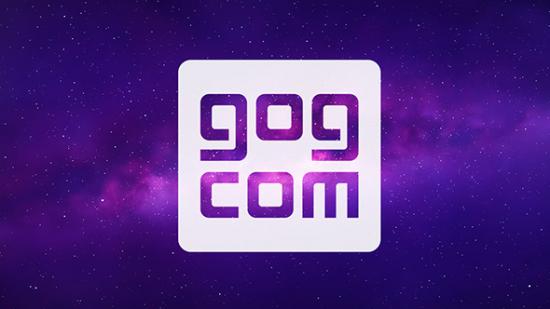GOG wants to be the one true alternative to Steam, and part of that effort is a much different curation process – or, rather, having a curation process at all. Unlike Valve’s increasingly-packed storefront, GOG still hand-picks its games, and the company has no intention of stopping now.
GOG’s head of communications, Lukasz Kukawski, says that “nowadays, the biggest issue for gamers is not getting access to games, or buying them, but actually to find great games to play next. With the amount of new releases happening every day, it’s really hard to stay on top of what is worth your money and your time.”
Good old games? Nah, these are the very best old games on PC.
In an effort to preserve discoverability, Kukawski says the company continues to focus on curation. He tells PC Games Insider “that’s why we put so much effort and attention in looking at all the releases and hand-picking the gems.” The goal is to offer GOG players the “best selection of DRM-free games, so if they pick any game from the catalogue, they know it offers a great experience and is worth their time.”
Steam is still by far the biggest gaming storefront on PC, and Valve’s process for getting new games on that store has been increasingly hands-off, and just a few weeks ago they made their policy abundantly clear – everything that’s not “illegal, or straight up trolling” goes up with minimal questions asked. That came after an uncertain set of warnings for visual novel developers. Those devs soon found a new home at GOG, who cannily took them in after a significant outcry from fans of that genre.
Kukawski says “we’re looking for titles which go along our users’ tastes – like story-driven experiences with nicely developed characters, games with innovative and cool mechanics, engaging gameplay or basically the ones that are requested by the large part of our community. If a game, for example, is extremely beautiful, but the mechanics are very simple and the gameplay is limited we won’t be interested in adding such a game to GOG.com.”
According to Kukawski, anyone at GOG can start the process to get a game put on the store by reviewing it and passing it on to voting by the full business development team. Devs can, in turn, reach out with their titles for similar reviews, though Kukawski doesn’t go into great detail on what exactly that entails.
GOG’s hand curation does have its own flaws. One of the most notable examples is Opus Magnum, a broadly beloved puzzle game – one of the best games of 2017, even – that was initially rejected from GOG without any clear reasons why. Kukawski says “there are many people involved in the whole process. But even that doesn’t mean we’re sometimes not making mistakes, like with Opus Magnum. It doesn’t happen very often, but if we see that our users are very interested in a certain game, we can go back to it and reconsider releasing it on our platform. After all, we’re doing all of this for our users.”
GOG launched ten years ago, promising to sell “good old games” DRM-free with loads of extras – all of which came in direct contrast to Steam. Now their curation policy is a similar point of distinction, and given the preponderance of low-effort titles on Valve’s store, it’s perhaps an even more significant one. Inside the company, Kukawski says, “we see ourselves as the one and only true alternative to Steam.”
